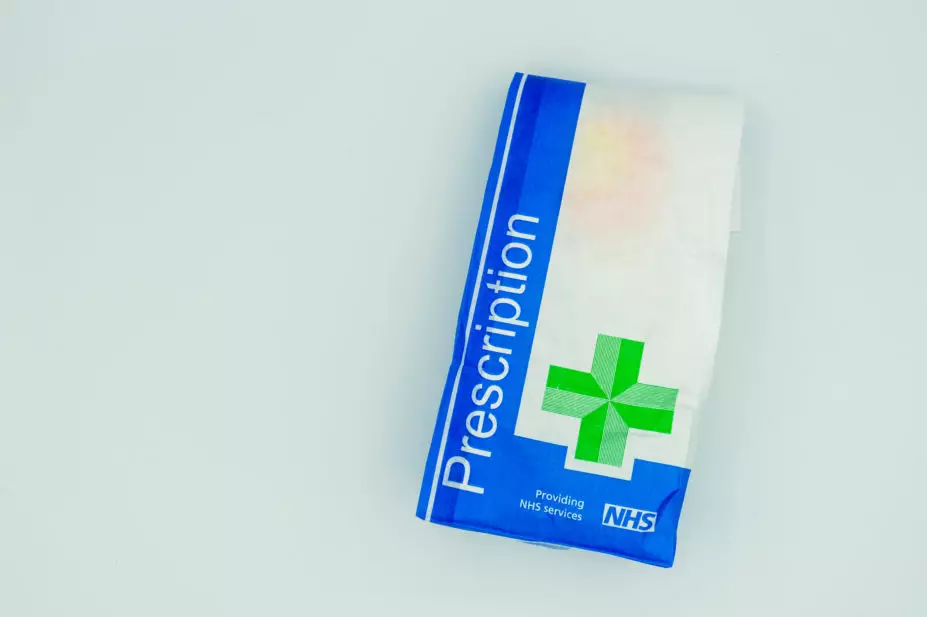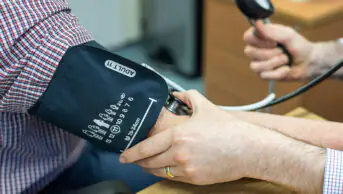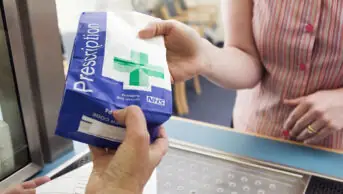
Shutterstock.com
Almost 15,000 pharmacists are now registered independent prescribers (IPs), according to figures from the pharmacy regulator.
Data obtained from the General Pharmaceutical Council (GPhC) show that in August 2022 there were 14,635 IPs on the pharmacy register. Of these, 11,863 IPs were in England, 1,841 IPs were in Scotland, and 812 IPs were in Wales.
Scotland has the greatest proportion of pharmacist IPs in the workforce, with 34% of its registered pharmacists holding IP qualifications. Around 29% of the Welsh profession are IPs, while England has the lowest rate of IPs at 22%. The remaining 119 IPs were in Northern Ireland, the Channel Islands, the Isle of Man and overseas.
The figure has risen rapidly in recent years: data obtained by The Pharmaceutical Journal in 2020 found that there were 8,806 pharmacist IPs across the UK as of 1 May 2020. This represents an increase of 66% up to August 2022.
Of the current pharmacist IP workforce, 67% identify as female, compared with 62% of pharmacists on the register. Just over half of those whose ethnicity is recorded are white (53%), compared with 40% of pharmacists on the register.
Data from the latest Pharmaceutical Journal salary survey shows that of those IPs who responded, 51% said they prescribe daily. However, 18% said they prescribed less than once a year, or had never prescribed.
As of 2026, everyone graduating with an MPharm will have qualified as an IP at the point of registration. For the current workforce, there has been a push for more IP training opportunities. NHS Education for Scotland (NES) announced on 6 May 2022 that it would fund 186 training places, in addition to the 244 places that were funded in 2021/2022. Health Education England (HEE) has announced 3,000 funded pharmacist IP training places and, in December 2021, the Welsh government revealed it had allocated £3m to pharmacy training in 2022/2023, with part of this fund set aside for increased IP courses for the existing workforce.
In May 2022, the GPhC changed its eligibility requirements for IP training courses, removing the requirement to be on the register for two years before undertaking IP training.
Laura Wilson, Royal Pharmaceutical Society practice and policy lead in Scotland, said: “We are delighted to see that the number of pharmacists annotated as independent prescribers on the General Pharmaceutical Council register is increasing.
“As medication regimes become more specialised and complex, the role of pharmacist independent prescribers has become increasingly important in the delivery of high-quality clinical care.
“It’s encouraging to see that the balance of female to male prescribers roughly reflects the gender balance in the profession, and hope that the training available across Great Britain increases access for pharmacists with diverse backgrounds to become prescribers.”


